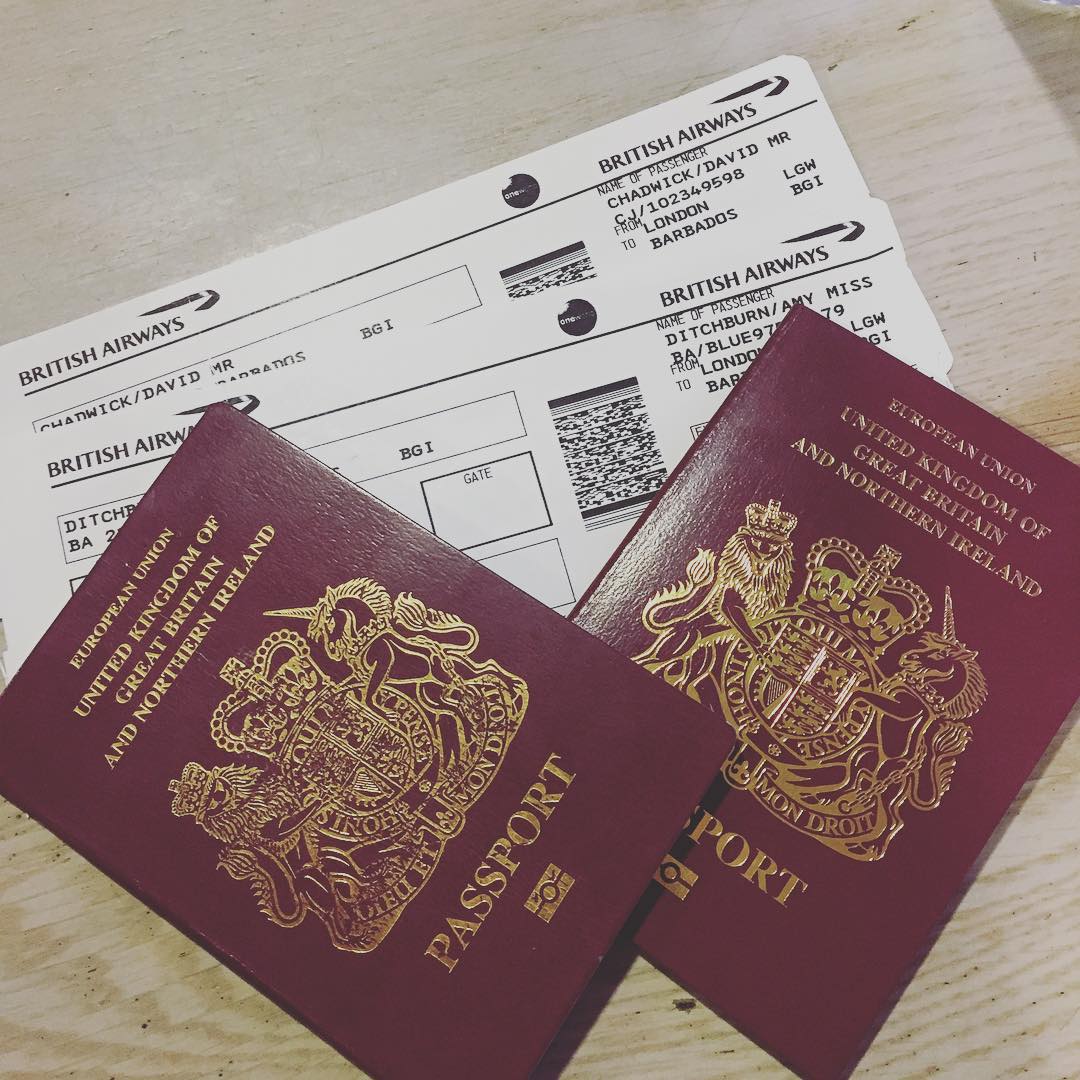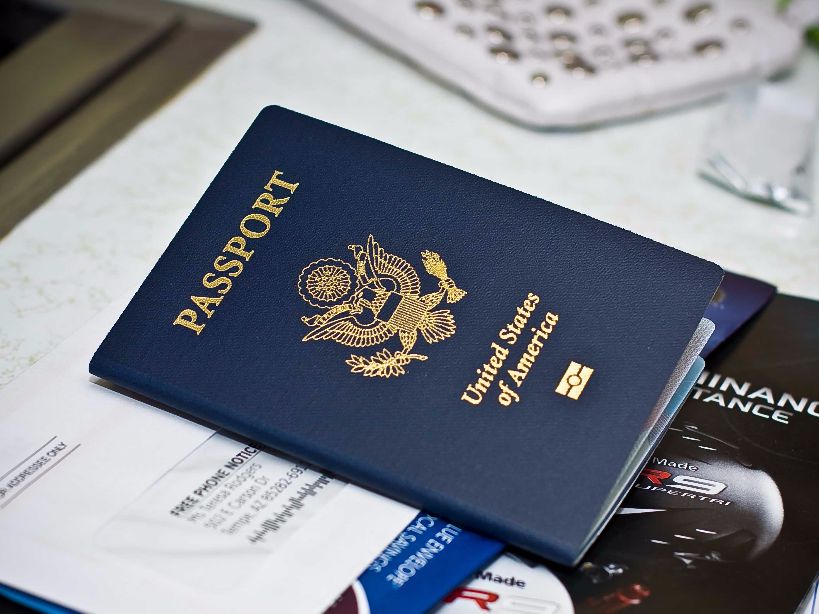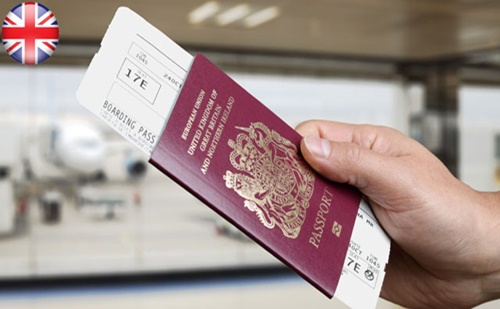Canada Temporary And Permanent Residency
When applying for Canadian permanent residency, you have the option to either stay permanently or temporarily.
Temporary Resident Permit Canada Form (IMM 5708)
In order to overcome being denied entry to Canada you need to file for a Temporary Resident Permit (TRP) application which is the “Form IMM5708 ”. Upon successful completion of Form IMM5708 and also satisfying the Canadian Border Agent that you are no danger to Canadians they will issue you a Temporary Resident Permit valid for up to 3 years. Once having Temporary Resident Permit in hand, you can enter Canada freely without any problem even if you have DUI DWI, or another criminal record in the past. Filling IMM5708 form for Temporary Resident Permit can be very confusing for some people. We strongly suggest you to hire a Immigration Lawyer or a Consultant to help you with your Temporary Resident Permit application.
Temporary Resident Permit Application
To make a TRP application compelling, it is essential to convince the officer that the applicant poses no danger to the Canadian public, and will not be reliant on Canadian social services. Supporting documentation such as recent medical records, letters of support, and proof of a lack of recent criminal activity can be put forward. An application is also more likely to succeed where there is a credible reason for the visit to Canada. A temporary resident permit requested for a limited duration tied to a specific event is likely to be looked upon more favorably than one requested for a longer duration and a vague purpose.
Officers are afforded significant discretion in evaluating a TRP application. Still, the officer considering the application is required to act fairly, to account for all relevant factors, and to properly weigh those factors before rendering a decision. For instance, where a TRP is sought to overcome criminal inadmissibility, the officer is directed to consider the seriousness of the offense, and to undertake an assessment of the risk of further criminal activity. If this duty to act fairly is breached, the decision may be overturned by the Federal Court on judicial review. The application will then be sent back for re-determination by a different officer. There are case law precedents where a refusal to extend a TRP has been overturned on judicial review because the officer failed to provide adequate reasons, or provided reasons that were so unreasonable as to constitute an error of law.
Canada Permanent Resident
Are you looking to become a Canada permanent resident? You are not alone. Well over 200,000 people become Canadian permanent residents every year. Most applicants want to obtain permanent residency so that they can eventually obtain citizenship and a Canadian passport. There are many different Canadian immigration programs under which a person can apply to become a Canadian permanent resident.
Categories for foreigners who have the following include:
- Family members in Canada
- A job offer from a Canadian employer
- Skills and work experience that are in demand in Canada
- The intention to make a guaranteed investment with a Canadian bank
- The intention to start or invest in a business in Canada
- A skill or trade which they intend to practice as a self-employed individual
Once an application is submitted and approved and the foreign national obtains their Canada permanent resident visa, they can immigrate to Canada and will have many of the same rights as Canadian citizens. Canadian permanent residents are entitled to healthcare, establish their residence and work in any Canadian province, protection under the Canadian Charter of Rights and Freedoms, and to apply for Canadian citizenship once the requirements have been met.
In effect, the only difference between a Canadian permanent resident and a Canadian citizen is the right to hold public office, join the military, and vote. Becoming a Canadian permanent resident is a privilege, which can be withdrawn if the individual is convicted of a serious offence and as a result is deported.
Another way in which a Canadian permanent resident can lose their status is by failing to meet their residency obligation. A Canadian permanent resident is required to spend two years of every five year period in Canada. If, at a port of entry or at a Canadian visa office an officer is concerned that a Canada permanent resident has not fulfilled their residency obligation, they can count back five years to verify that the Canada permanent resident spent at least 730 days in Canada.
In order to fulfill the residency obligation, a Canadian permanent resident must have spent 730 days within the last five years doing one of the following:
- Residing and remaining in Canada
- Accompanying their Canadian citizen spouse abroad
- Working abroad for a Canadian company.
FAQs on Canada Temporary and Permanent Residency
What is the difference between temporary and permanent residency in Canada?
Temporary residency in Canada refers to individuals who are authorized to stay in the country for a limited period, such as visitors, students, and temporary foreign workers. Permanent residency, on the other hand, grants individuals the right to live, work, and study in Canada indefinitely. Permanent residents have access to most social benefits, can apply for Canadian citizenship, and are protected under Canadian law.
How can I obtain temporary residency in Canada?
Temporary residency in Canada can be obtained through various visa programs, including visitor visas, study permits, and work permits. Visitor visas allow individuals to visit Canada for tourism, family visits, or business purposes for a limited period. Study permits are issued to international students enrolled in designated learning institutions (DLIs) in Canada, while work permits are granted to individuals with job offers from Canadian employers or those participating in specific work programs.
What are the pathways to permanent residency in Canada?
There are several pathways to permanent residency in Canada, including the Express Entry system, Provincial Nominee Programs (PNPs), and family sponsorship. The Express Entry system manages applications for three federal economic immigration programs: the Federal Skilled Worker Program (FSWP), the Federal Skilled Trades Program (FSTP), and the Canadian Experience Class (CEC). Provincial Nominee Programs allow provinces and territories to nominate individuals who meet specific criteria for permanent residency based on their skills, work experience, or ties to the region. Family sponsorship programs enable Canadian citizens and permanent residents to sponsor their family members for permanent residency.
What are the benefits of obtaining permanent residency in Canada?
Permanent residency in Canada offers numerous benefits, including the right to live, work, and study anywhere in the country, access to public healthcare and social services, eligibility to apply for Canadian citizenship after meeting residency requirements, and protection under Canadian law. Permanent residents also have the opportunity to sponsor eligible family members for permanent residency and enjoy the stability and security of living in Canada long-term.
How can I transition from temporary to permanent residency in Canada?
Individuals with temporary residency status in Canada may be eligible to apply for permanent residency through various pathways, such as the Express Entry system, Provincial Nominee Programs (PNPs), or family sponsorship. For example, individuals with Canadian work experience may qualify for permanent residency under the Canadian Experience Class (CEC) through Express Entry. Alternatively, individuals nominated by a Canadian province or territory through a PNP may apply for permanent residency under the Provincial Nominee Program stream. Additionally, family members of Canadian citizens or permanent residents may be sponsored for permanent residency through family sponsorship programs.








